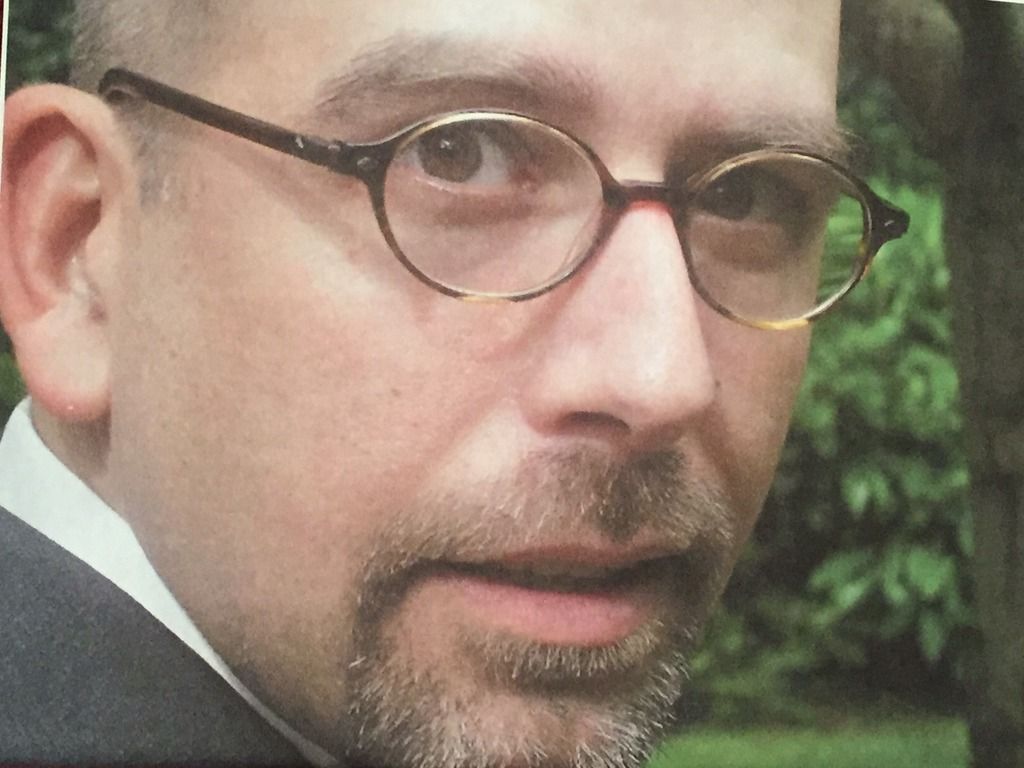My grandfather was born in New Jersey. His parents were first generation immigrants from Eastern Europe and Austria, just after the turn of the century. After a few years in America, they met through friends from the synagogue, and married. Nobody could ever tell me if it was a love match, but I don’t think it was common back then. My great-grandfather had run from Tsarist pogroms in Russian Ukraine, and when he got married, he had been in America working as a peddler or merchant for a number of years. His wife was younger and had arrived a little while before their wedding from Vienna. Her family had been poor and only some of them emigrated before World War I, (or survived the holocaust,) so that is one of the reasons I don’t know much about them beyond that. In fact, the reason I know that she was from Vienna is that she was listed as Anna Wiener on her immigration documents from Ellis Island. This is as if I emigrated somewhere and they called me Tony San Francisco because I was unable to tell them my last name, or if they did not care enough to spell it if I did tell it to them.
What I do know was that my grandfather was born in 1912. His father scraped by and owned various businesses that would allow them to survive, but that would never provide any cushion or upward mobility. His father was generally angry and bitter about this, and likely had the PTSD inherent in someone who was hunted and driven from his birthplace with the clothes on his back. My grandfather went to school, but he also had to work at the store afterward, which usually meant cleaning out pet cages, because many of the businesses involved animals. He never talked much about it, because from what I gather, his father was usually somewhat unpleasant to be around whenever they were working together. One of my favorite and most unfavorite stories about that time in his life was the family business that raised and sold ferrets that he had responsibility for. Although cleaning up after many ferrets is understandably gross, and that was one of the reasons he never wanted a pet of any sort later in life, the reason his father was doing it is that it was actually a pretty successful idea. The ferrets were sold to warehouses and factories to catch rats and mice, a task for which they were originally designed.
Given that his homelife and worklife were basically places where he was never going to get any thing but verbal abuse from his father, and where his mother was the decidedly junior partner in the equation, he thought of school as a place where he would receive some validation or respect. He did enjoy writing, which his father told him was a waste of time, and he did eventually write for the school paper and the yearbook. But he later told me he would never have made a good journalist because he did not have the get up and go to do so. That made me very sad, because I know he was saying he was proud of my writing because he had not had the courage to follow his dream of doing the same.
He would often run away from home and hitchhike during his early teens, once traveling all the way to Chicago to see the World’s Fair. I heard about this by chance, because he had said that sleeping on the roof of a bakery was good because it was warm all night. After he got back from one of these trips, he found out from his younger brother that their mother was in Bellevue Hospital in New York City, which at the time had a free tuberculosis ward. His father had refused to pay for a closer hospital, so he would take the train or hitch hike to visit her.
One day when he got home after feeling awful for a couple of days, he took to his bed and was there for two weeks, in and out of a semi-delirious state with what he later found out was scarlet fever. His father would not pay for a hospital stay for him either, so his brothers helped him to eat and get back and forth to the bathroom until he was better.
When he felt well enough to go back to school and visit his mother, he left for the day, and traveled to the hospital. The nurse on the ward knew him by sight at this point, and when he went to the ward and could not find his mother, she told him that she had died the week before. He never told me this, my grandmother did, and she also told me that when he asked where she had been buried, he was informed that nobody had claimed the body and so she was buried anonymously in the potter’s field burial ground on Staten Island.
After that point, his father put the other siblings into an orphanage, and my grandfather worked for him until he graduated high school, leaving the day after to hitchhike with a friend across the country to San Francisco, where he had the promise of a job. The only thing I have ever heard about this trip is that when he got here, the job was gone.
He stayed anyway, because going back was not an option. He sold papers, he worked odd jobs, he ate 10 cent chili and a piece of bread every day for a week, and he stayed wherever he could, until he got steady work as a shoe salesman. This was a turning point in his life, mundane as it seems, because he did that same basic job for the next forty years. It is also where he met and married my grandmother. The first time his birthday came around, after they were together, she found him in the kitchen crying silently. He pretended that he had not been, and she let it go. Later she found out from his brother that it was the first time he had ever celebrated his birthday, and the first time anyone had ever made him a birthday cake.
He had a relatively normal life, but he was never a happy man. But at least he was not consistently miserable. He was a funny man, often depressed, and he had the occasional manic episode near the end of his life, but he told me that was basically the luck of the draw. He never felt as if he deserved anything he got, small scale though it may have been. He was always there to help, and happy when his family was together. The love he felt for us was genuine, but also sometimes guarded, and he was a man waiting for the other shoe to drop for his entire life. He was thankful for what he had, but also never dared to think bigger, or to aspire towards anything else. I am grateful for having known him, but he also fills me with a wistful sadness every time I think of the course of his journey.
He was, however, a very visible participant in our lives. He was the guy who came to all of our little league games, took us to the pool in the summers, and to whose house we went for lunch during junior high school. He loved us in a brusque and scratchy old man way, always jumping up and saying “greetings!” to us with a hug whenever we arrived. I know we made him happy, and that is something I will also always remember.






Leave a Reply